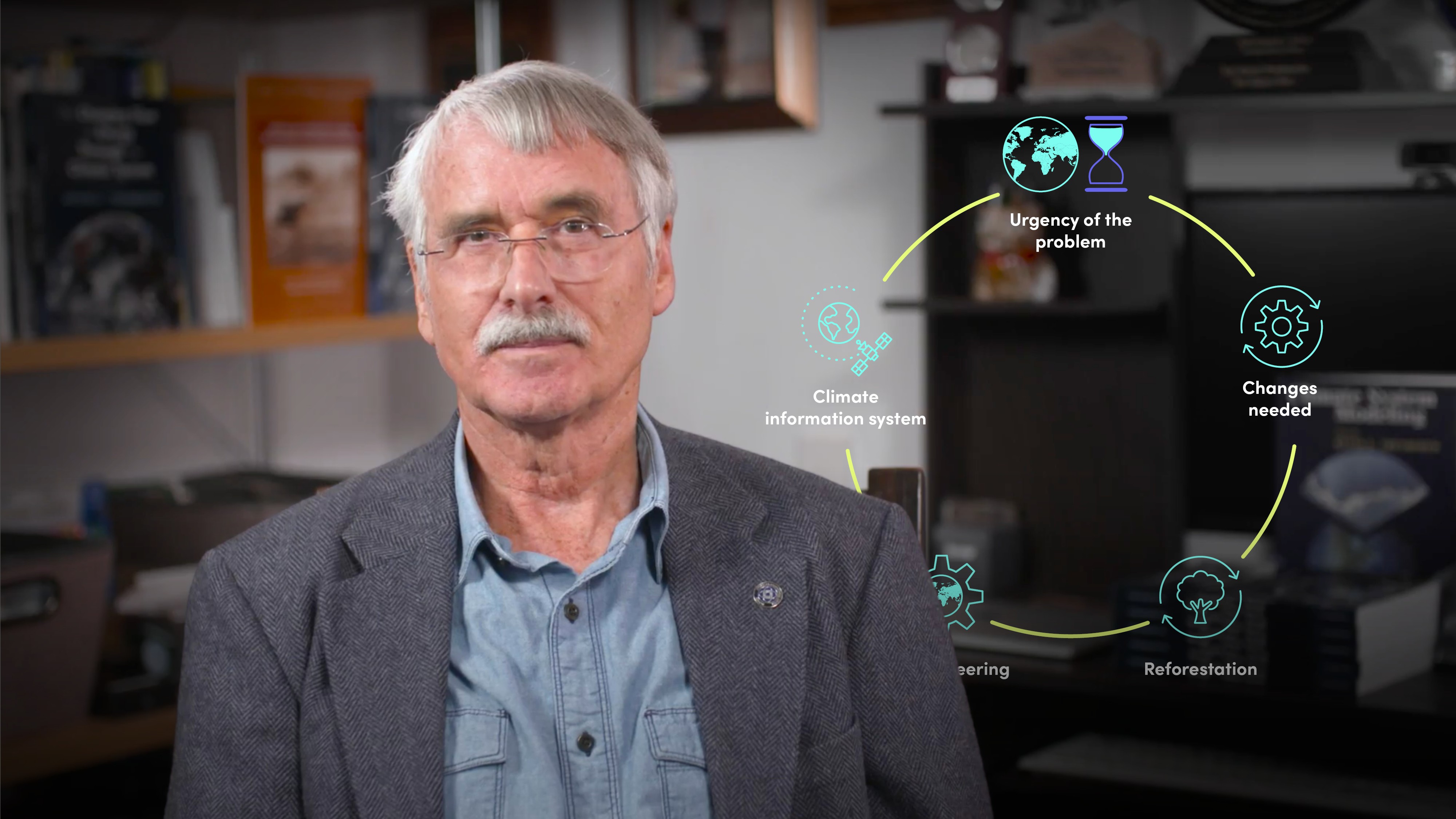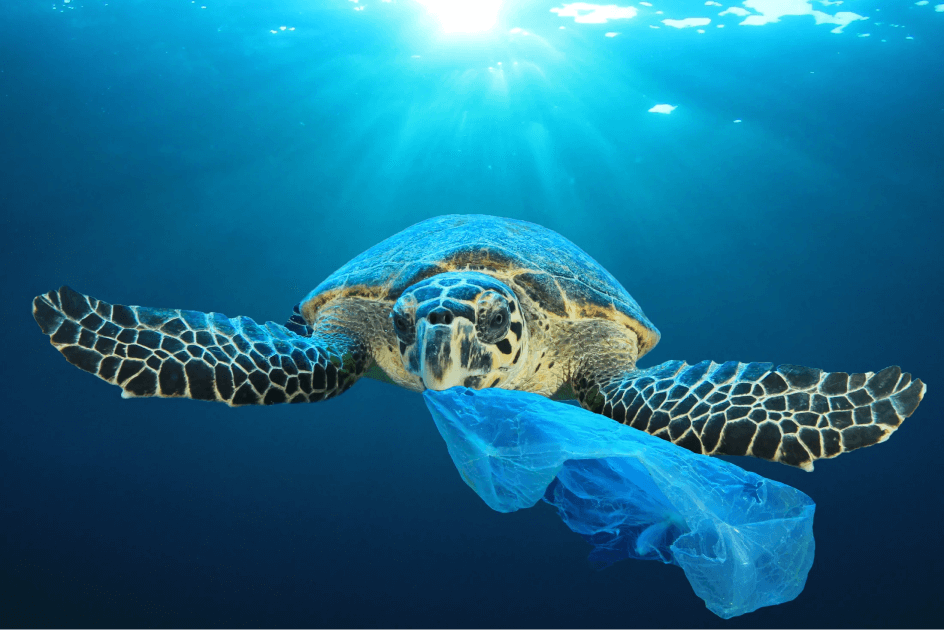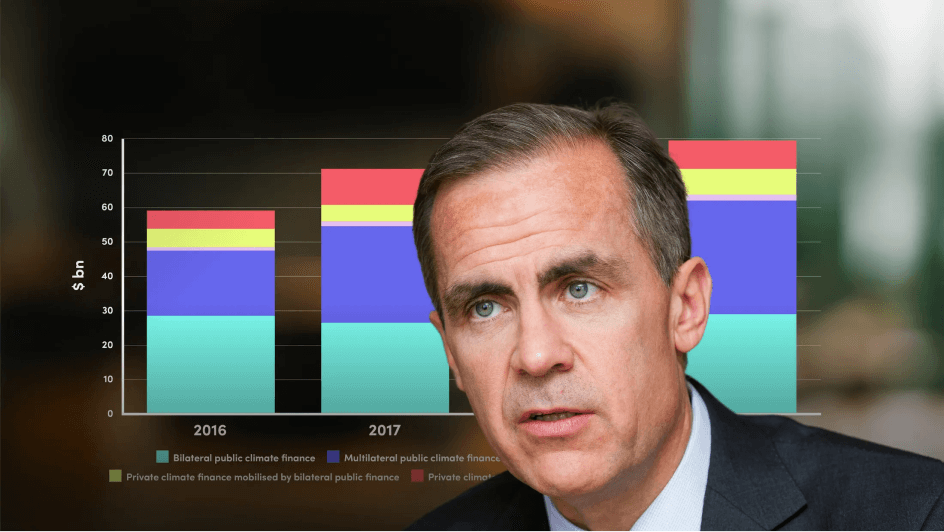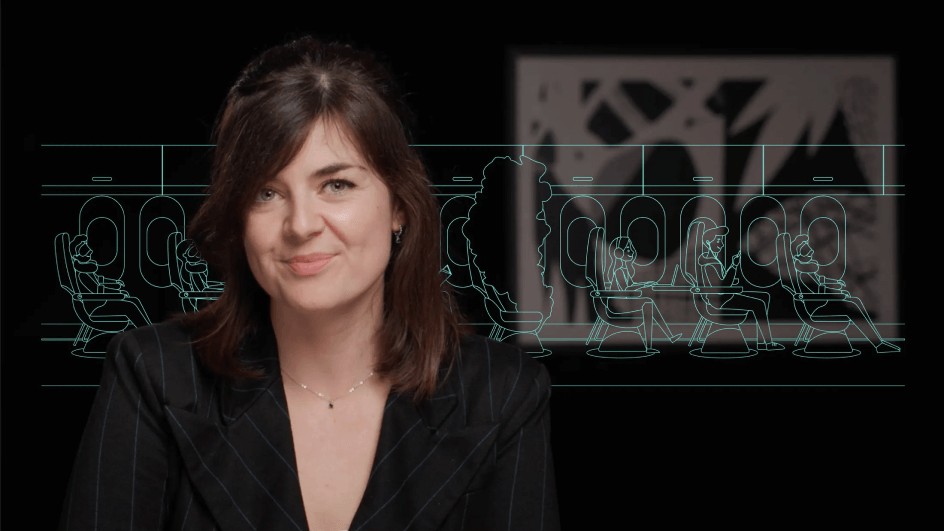
Assessing Climate Crisis Solutions

Kevin Trenberth
Former Coordinating Lead Author of the IPCC
In the earlier videos, Kevin Trenberth discussed the global responses to the climate crisis and introduced concepts such as adaptation and mitigation. In this video, Kevin delves deeper into the urgency of the problem, the changes needed and assesses some of the touted solutions to protect the earth.
In the earlier videos, Kevin Trenberth discussed the global responses to the climate crisis and introduced concepts such as adaptation and mitigation. In this video, Kevin delves deeper into the urgency of the problem, the changes needed and assesses some of the touted solutions to protect the earth.

Assessing Climate Crisis Solutions
16 mins 45 secs
Key learning objectives:
Understand the urgency of the climate crisis and outline changes needed
Understand if reforestation will help slow down climate change
Understand if geoengineering will solve the climate crisis
Understand the need for a robust climate information system
Overview:
One of the main obstacles regarding the climate crisis is forming an integrated view of the problem. There is still a lot of political inertia and transforming the way we engage with the climate crisis is crucial. It is important to understand and assess some of the proposed solutions and conduct further research and development in the areas that are most promising. However, in order to have an accurate assessment of the climate crisis, we need an updated climate information system.
How urgent do we need change and what do we need to change?
The IPCC mitigation report emphasises the need to reduce emissions by half by 2030. This entails decarbonisation of some of the most carbon intensive human activities such as industry, transport, urbanisation, agriculture, deforestation and power generation. Without immediate rapid large-scale reductions occurring, the 1.5°C target will be breached before 2032. Economically poor societies and geographically low-lying regions will be the worst hit while the people in these regions have generally contributed very little to the problem.
The main obstacle here is the current dependency on fossil fuels as many power plants cannot stop operations without huge costs. Also many economies are still mistakenly pro fossil fuels and lobbying by well funded groups undermines progress. We need policies to state that there is no room for new unabated fossil-fuel projects and existing projects need to be decommissioned faster. We need major transitions and integrations across the entire system, including end users.
Why reforestation will not solve the climate crisis
Restoring forests, called reforestation certainly has benefits, beyond just the climate. However, regarding the removal of emissions, many people falsely are under the impression that this can be achieved through growing trees. Although seemingly straightforward and cost efficient, it helps only a little. Trees have a finite lifetime and are subject to disease, infestations and drought. When trees die, as they decay they put CO2 back into the atmosphere. Additionally, they could burn and fuel wildfires, thereby releasing even more emissions. Simply growing trees without plans on what to do with them when they are harvested or when they die means they do not slow climate change.
Will geoengineering work in mitigating climate change?
“Modifying” the climate and “fixing” it is known as geoengineering. It involves the implementation of alternative devices to deal with the symptoms. It comes with considerable overhead in terms of cost and energy used. However, there could be unintended consequences and side effects that may be even worse than the original problem. Geoengineering also raises major ethical questions concerning who is entitled to make the decision (on behalf of all humanity) to intentionally change the climate. Additionally, once begun, if ever stopped, the results could be an extremely abrupt climate change with highly undesirable consequences.
What is need for a robust climate information system?
A climate information system answers questions such as “What are we adapting to?”. A robust climate information system supports both adaptation and mitigation. One specific aspect that needs improvement is more data on social science elements to properly enable adaptation. We need more data on all of the non-natural systems constructed by humans to support their lifestyle. A robust system could provide clarity regarding the uncertainties in climate predictions, and allow for the development of sound risk-management strategies.

Kevin Trenberth
There are no available Videos from "Kevin Trenberth"





















